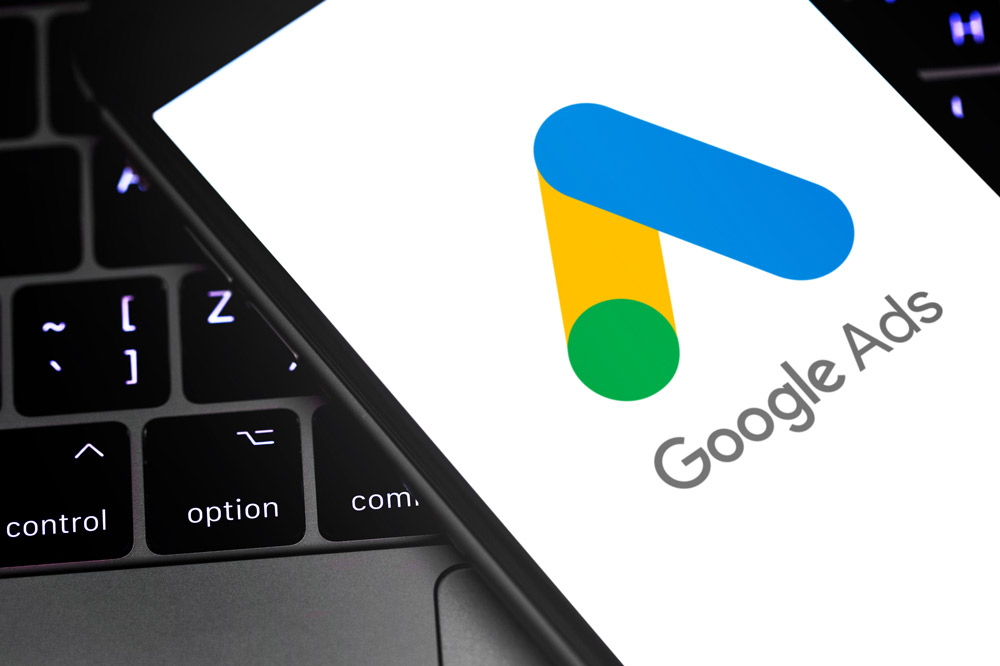Google Ads Limiting Search Term Reporting

As you know here at Boostability, we talk a lot about SEO. It’s our bread and butter. On our blog, we talk a lot more about how to help your digital presence grow. Most of it is through SEO and digital marketing. So when Google releases an update, we like to make sure to keep you informed.
On our most recent edition of Search Sessions, Clayton Hunter of Google Customer Solutions talked about maximizing your Google Ads reach and how to get a lot out of your Google Ads Campaign. Google Ads has also recently changed up their Search term reporting dashboard.
SEO and PPC, or a paid search strategy, work incredibly well together to build up your online presence for maximum reach with your target customers. So read on for information on the latest update.
Let’s define “significant”
Google started to alert advertisers in September of 2020 that they would no longer show search traffic results to those who paid for ads if the traffic was deemed insignificant. That has a lot of gray area. What do they deem significant traffic and what could it mean for a result that triggered the ad? Bottom-line, it means that some advertisers, or those who pay for Google Ads for their PPC strategy, wouldn’t see some of the results they paid for.
The statement from Google reads: “Starting September 2020, the search terms report only includes terms that a significant number of users searched for, even if a term received a click. You may now see fewer terms in your report.”
Basically those who use Google Ads would receive their report for keywords and results that meet a certain threshold. So that means those who run these campaigns might not have the data to make those last minute changes in order to optimize an ad or a campaign. And they might have to pay for a click on an ad and never actually gain any information from the transaction.
What’s behind the change?
Google cites privacy as the reason for this update. But it could potentially have negative ramifications for those ads that people would want to mark as a negative or bad keyword for their particular PPC strategy. But now they can’t learn the information in order to make an informed decision.
In a response for comment to Search Engine Land, Google said, “In order to maintain our standards of privacy and strengthen our protections around user data, we have made changes to our Search Terms Report to only include terms that a significant number of users searched for. We’re continuing to invest in new and efficient ways to share insights that enable advertisers to make critical business decisions.”
In other words, Google is limiting these minor results in order to keep advertisers from possibly identifying and taking advantage of an individual.
The Pros and Cons
The Google Ads Search Terms Report has a lot of good information that can really improve your campaign. And not just for PPC. You can learn about competitive keywords with your organic SEO strategy. The search terms report shows terms and keywords that people use when your ad comes up. These terms might be different from your actual keyword list.
From this report, you can tell how closely the search terms that triggered your ads match the actual keywords you’re trying to target on your account. If they don’t match well, you have some work to do to better refine your terms so that your ad shows up in the right searches.
It can be a lot of work. But with the right amount of learning and adjustments, you’ll be able to best optimize your Google Ads campaign. That’s where the cons of this update come in. You don’t know what you don’t know about the searches that bring in such low traffic that it no longer shows up on the report.
And on the pro side of things, there’s different ways to still learn from this now hidden data. Google has a Smart Bidding tool that still uses this data in order to make decisions about the ads shown. So even if you can’t see it, it’s factored into its own automated bidding feature. Using a smart bidding feature, in additional to your own bidding and auction strategy, can help you reach and see the full picture.
Google is by far the largest search engine and thus the biggest opportunity to reach more users. But you can utilize tools from other places like Bing where you can learn from their search terms reports. It might not have as much traffic, but you can still learn from those terms that might be left off the newly reformatted Google Search Terms Report.
SEO & PPC go hand in hand
We get the question a lot about the difference between SEO and PPC. And while they have distinct purposes, they don’t have to be at odds. They boil down to your organic and paid search strategy. SEO takes time and brings in traffic over an certain amount of time. It can continually bring in leads if you optimize your website to the fullest. PPC can start bringing in traffic and leads immediately. And while you pay for each click, you can learn from those clicks. But paired together, you’re optimizing your search strategy as a whole. You can bring in leads in the short and long term and ultimately maximize your online presence. Want to learn more about Google Ads or how to maximize your campaign?
Watch our latest edition of Search Sessions featuring Clayton Hunter. And if you’re interested in improving your organic traffic, contact us here at Boostability! 1-800-261-1537.
